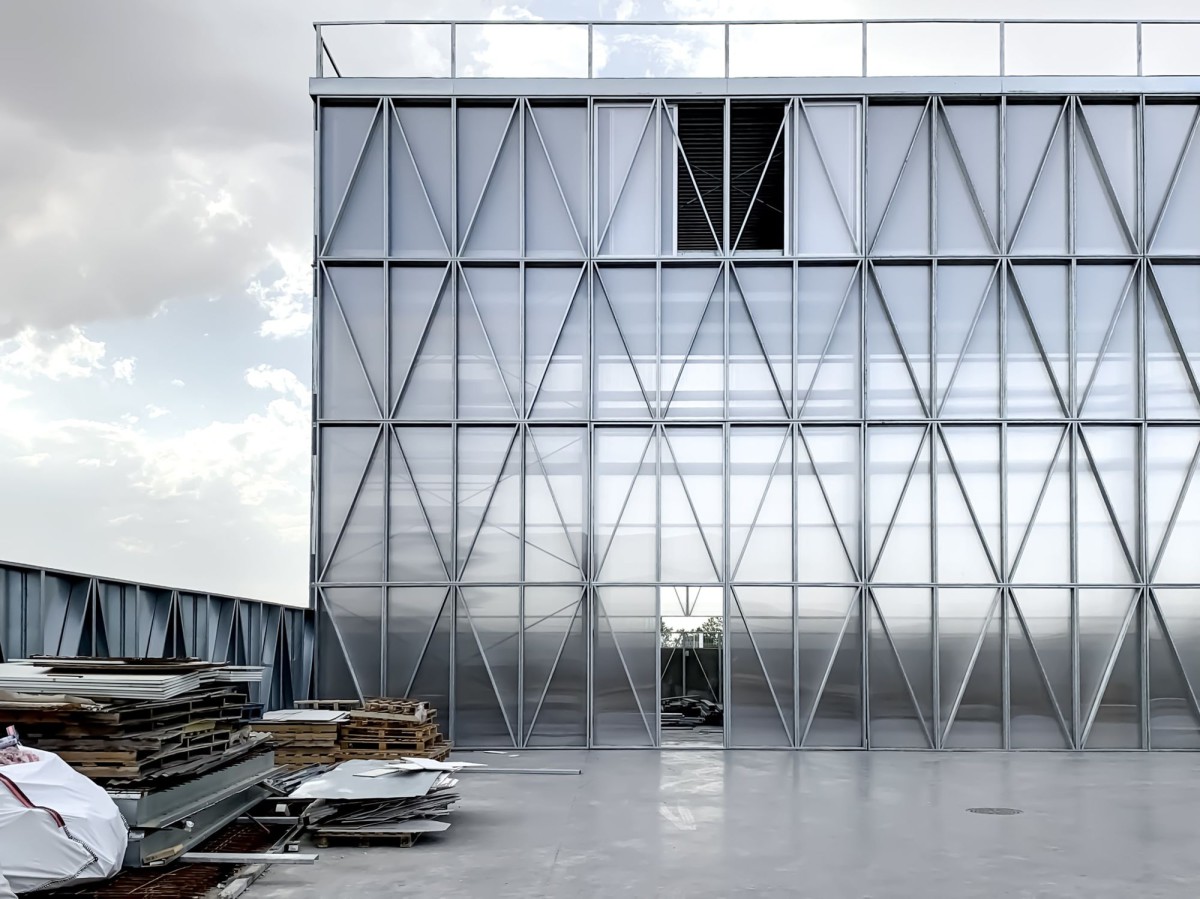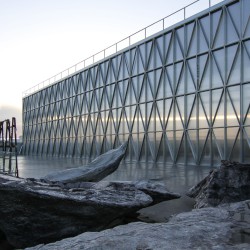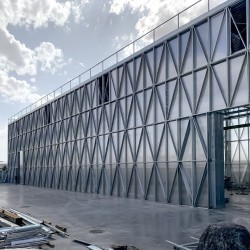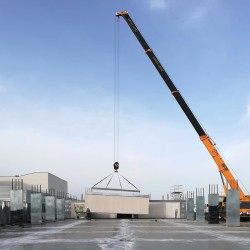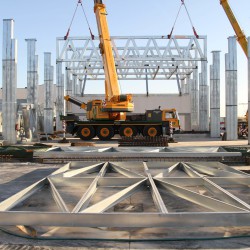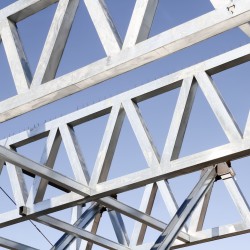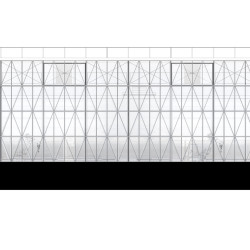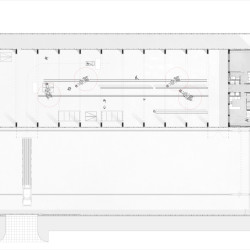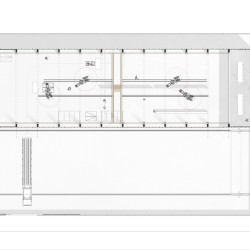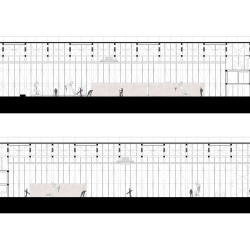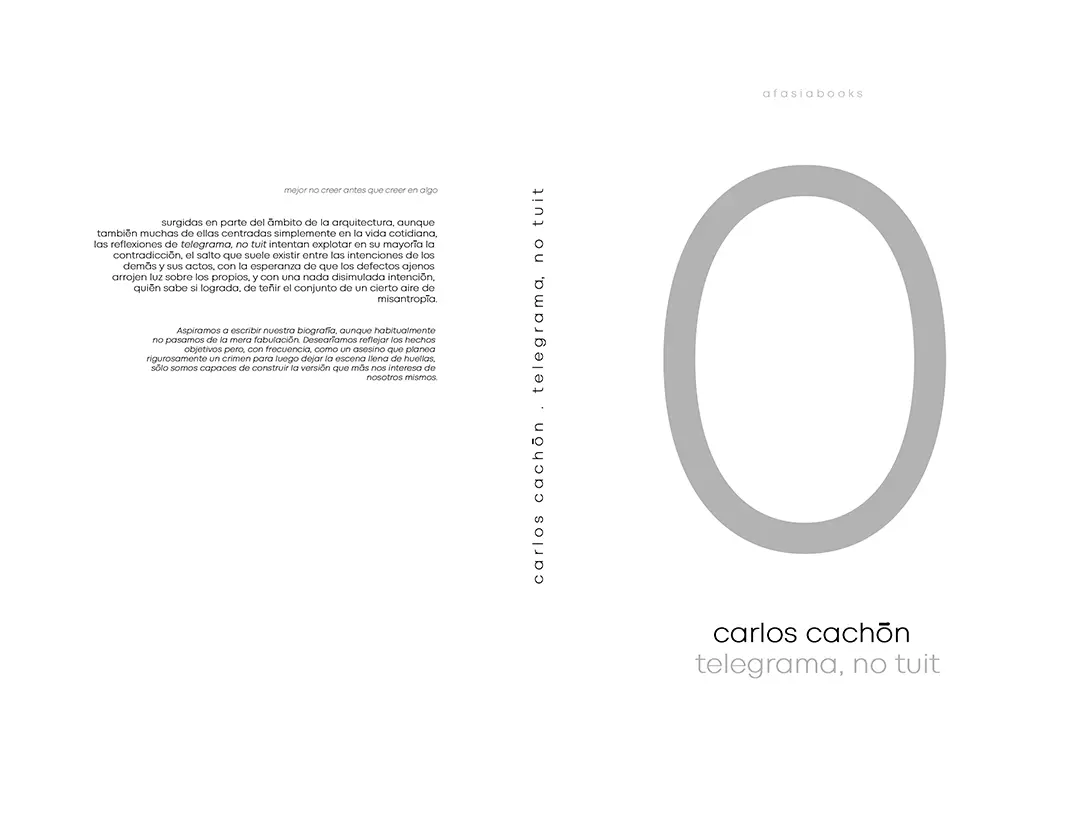Ensamble Studio . photos: © Ensamble Studio
Architecture emerged from the earth. From its extraction and cultivation, and the effort to move its parts. And from the fascination of stacking them, putting them together and finally, celebrating, discovering and inhabiting the space. The efficiency of the location was sought, the accessibility to matter, limiting the effort. And modules that could be easily assembled were searched; tools were designed to work the land, the stones, the fibers and metals, which are also stones. When these instruments became sophisticated, the places where we could build multiplied, transporting materials and tools, developing technologies and crafts; with the architect, ordering this conglomerate… Today we maintain the same mission, but the world and science have changed, and also how we understand the scale of society and how we distribute the resources we consume.
But we continue to make buildings with the same premises. We transport materials, tools and people to the site where the building is erected and the work is done among all, always in a local way. Works are coordinated outdoors and materials and small parts are transported daily and continuously to be connected. The building is subject to availability and the local market of the place where it sits, conditioned by it. All of this has limited the introduction of the most advanced technologies of digital manufacturing and automation and robotics of the construction processes that are mostly redundant and repetitive. Something that in other industries guarantees quality, efficiency, safety and economy, in construction still seems a distant dream.
After years working as architects, builders and more recently manufacturers of our own works, we have no doubt: Ensamble Fabrica is the laboratory and manufacturing space that will develop the spaces we dream of, delivering the parts of the building ready to be assembled quickly, safely and efficiently in-situ, anywhere in the world. We no longer use a part, a brick, a profile, or conduit that we transport for its connection on site, but a “component” of a system, manufactured with today’s tools, consciousness and efficiency. And the architect, diminished in recent times to carry out a graphic and decorative labor, here recovers her essential mission of giving order to an activity as complex and necessary for society as the construction of the physical space, necessary for life, and for the architecture that comes back to earth.
_

